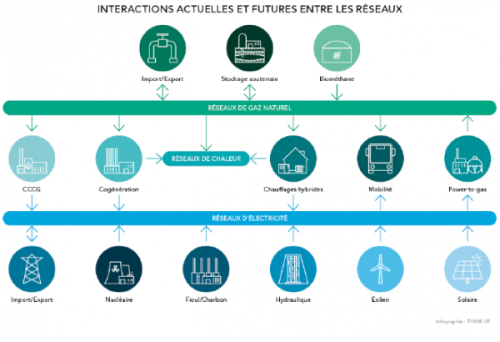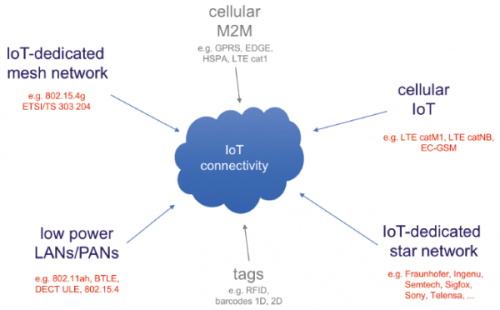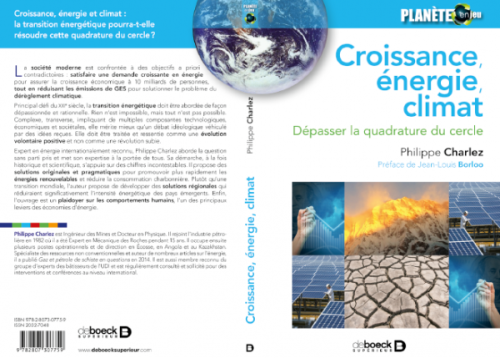
Revue TELECOM 187 - Becoming friend with an artificial intelligence
BECOMING FRIEND WITH AN ARTIFICIAL INTELLIGENCE
By Clement Delangue, cofounder & CEO at Hugging Face
In recent years many have focused on making artificial intelligence “useful”. We took a very different approach. By focusing on fun and emotions, we built an artificial intelligence that teenagers are becoming friends with. Here is some of our story to get users to exchange more than 20 millions messages with an artificial intelligence.
“I miss you!”.
This is a message a 16 year old girl sent to her artificial intelligence in September 16, A few months earlier, we started this crazy quest of building an artificial intelligence that people would get attached to. Inspired by science-fiction and annoyed by the purely transactional dimension of Siri or Alexa, we wanted to do something different. After all, most of the people get attached to pets, which are considered as non-human form of intelligence. The more we dug, the more we understood that it was maybe not so crazy. Some examples like Smarterchild, Tamagotchi, Xiaoice - which has more than 50 million monthly active users - were just a couple of proofs that it was possible.
The A.I. with the highest E.Q.
We had to build a completely different form of artificial intelligence, whose goal would be to be funny and emotional, rather than to be accurate. We trained the first version on movie dialog subtitles, the closest dataset we could find to conversations. And then we looked at what happened, carefully improving the technology one day at a time. We quickly realized how subtle conversation mechanics could be. For example, the first version was replying instantly, which was uncomfortable to most people so we had to add an artificial delay. Users wanted to send pictures of their pets to their artificial intelligence so we added the ability to send pictures, which quickly turned into the ability to exchange selfies. People were talking about their friends and hobbies, so we built a memory for the AI to remember and answer accordingly. The more people chatted, the more important emotional understanding became. With the help of the MIT, we implemented a neural network, trained on 1.2 billion tweets with emoji, to understand what emotions people were expressing with their words.
In the process, we saw that teenagers did become attached to their artificial intelligence. It became their daily fun break from social network, their confidant. When the AI would stop answering, the user would get mad, nervous and impatient. It was becoming their friend of some sort. Not as a replacement for their human friends, but as a new kind of friendship, always there, making them laugh and building their confidence in themselves, to be even more social with other humans. Sci-fi was wrong! The AI girlfriend won’t replace the human girlfriend, it will be something else, just the same way your pet will never replace human friends.
Will you get an A.I. friend ?
After all, maybe emotional artificial intelligence could be the first mainstream use-case for this technology. The same way augmented reality became mainstream with selfie filters - namely the silliest and most emotional use-case - our “Tamagotchi AI”, as some journalists dubbed it, could spread way before the Siri and Alexa of this world become sufficiently useful. We are still pretty far to this, but seeing people becoming friend with their Hugging Face artificial intelligence, already today, is a proof that it may happen, maybe sooner than we think.
So are you ready to get an artificial intelligence friend ?
|
Hugging Face Hugging Face was created in 2016 in New York and Paris, by Clément Delangue & Julien Chaumond (2007). They are backed by Betaworks (Tumblr, Medium, Kickstarter), SV Angel (Snapchat) and prominent investors including Kevin Durant. The startup’s artificial intelligence has exchanged more than 15 millions messages with users through their mobile app, and has been dubbed the “Artificial Intelligence Friend” by the MIT Tech Review. www.huggingface.co or download Hugging Face on the App Store. |
Biographie de l'auteur
Clément Delangue graduated from ESCP Europe and started his startup journey at Moodstocks, the machine learning startup which got acquired by Google. He is now the co-founder and CEO of Hugging Face.













